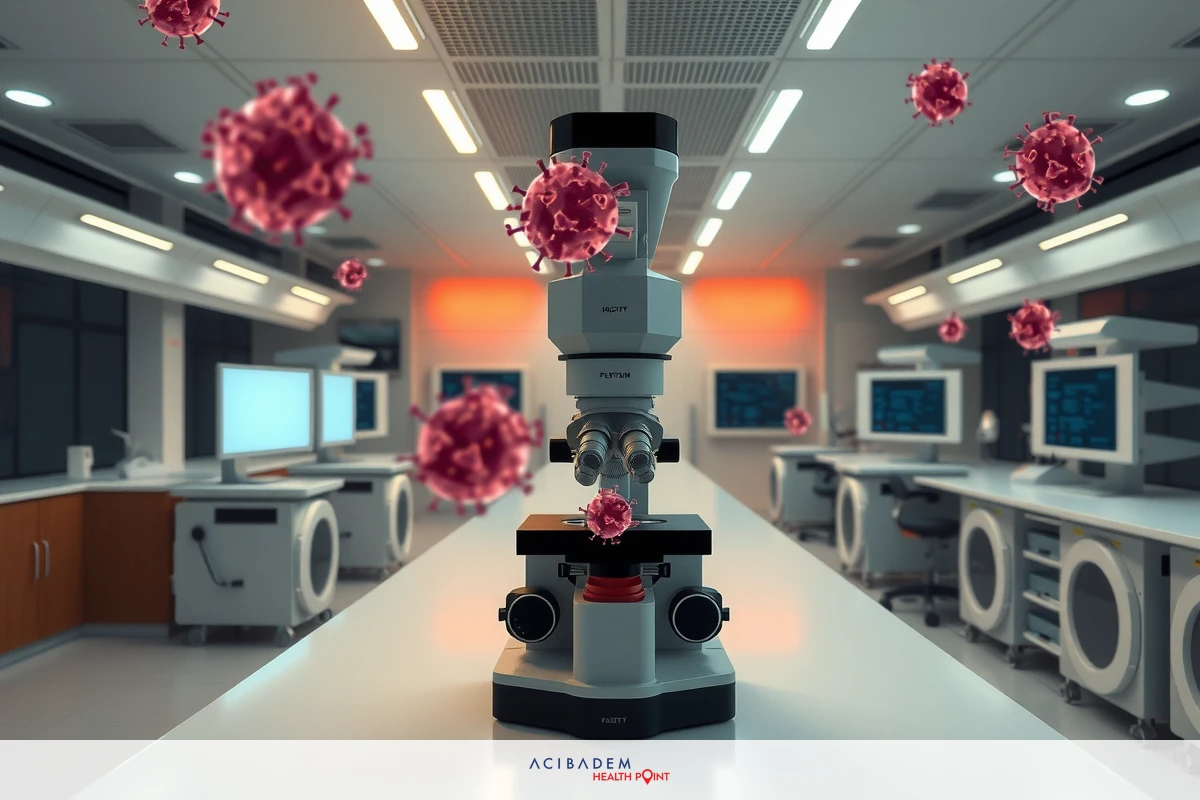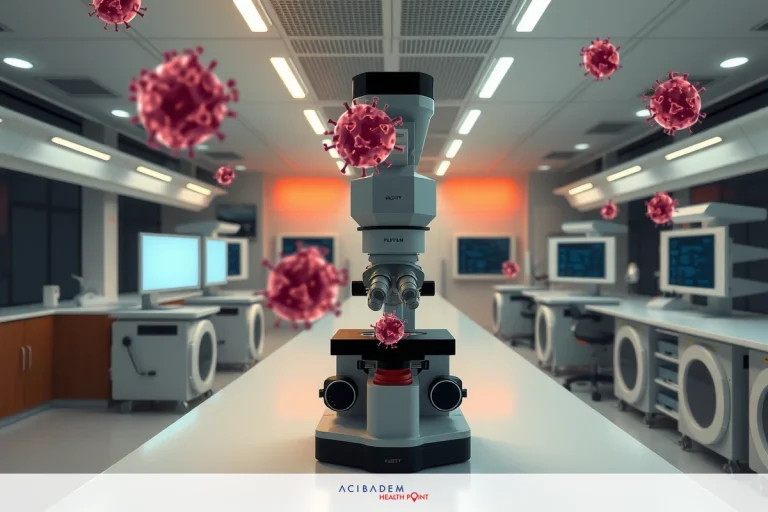What types of cancer can CAR T-cell therapy treat?
What types of cancer can CAR T-cell therapy treat? CAR T-cell therapy is a new way to fight cancer. This treatment uses your own cells to attack the disease. It works by changing certain cells in your body to target and destroy cancer cells. Many people with different kinds of cancers have found help through this method. It’s good to know there are options out there.
Blood cancers like leukemia and lymphoma respond well to CAR T-cell therapy. These diseases affect many people each year making new treatments vital. People who did not improve with other methods might see better results now. Doctors around the world use this therapy more and more as they learn about its benefits.
While blood cancers are the main focus research shows promise for solid tumors too. Solid tumors include breast, lung, and brain cancers among others. The goal is always finding ways to make life easier for patients dealing with these tough illnesses. Talking with your doctor can help you understand if this option fits into your care plan.
CAR T-Cell Therapy Basics
CAR T-cell therapy is a type of immunotherapy that fights cancer. Doctors take your own T-cells and change them in the lab. These new cells can now find and kill cancer cells in your body. This method gives people more treatment options when fighting tough diseases.
The process starts with collecting your blood to get the T-cells. These cells are then modified to better fight against specific cancer types. Once ready doctors put these cells back into your bloodstream. They act like little soldiers targeting only the bad cells without harming good ones.
This therapy has shown great promise in oncology for treating blood cancers like leukemia and lymphoma. Many patients who did not respond to other treatments have seen success with this option. The results make it an exciting development in cancer care.
Doctors continue to study CAR T-cell therapy for other kinds of tumors too. Research aims at making this method work well for solid tumors like breast or lung cancer as well. It’s important to talk with your doctor about whether this could be part of your treatment plan.
Blood Cancers Treated
CAR T-cell therapy is a powerful tool in treating blood cancers. It has shown great success with leukemia which affects the bone marrow and blood. Patients who did not respond to other treatments often see improvements with this method. This gives hope to many people facing tough cancer types.
Lymphoma is another blood cancer effectively treated by CAR T-cell therapy. This disease impacts the lymphatic system making it hard for the body to fight infections. By using modified cells doctors can target and destroy lymphoma cells more efficiently than before. It opens up new treatment options for those affected.
Multiple myeloma also shows promise when treated with CAR T-cell therapy. This type of cancer harms plasma cells in the bone marrow leading to serious health problems. Early trials suggest that this innovative approach could help manage multiple myeloma better than traditional methods alone.

Overall CAR T-cell therapy plays a vital role in oncology for tackling difficult blood cancers like leukemia and lymphoma. The ability to use one’s own immune system makes it a unique form of immunotherapy. As research continues we may see even more applications for this cutting-edge treatment across various cancer types.
Solid Tumors and CAR T-Cell Therapy
Solid tumors like breast, lung, and brain cancers pose a big challenge in oncology. Unlike blood cancers these tumors form masses that can be hard to treat. However there is growing interest in using CAR T-cell therapy for these cancer types. This treatment offers new hope by leveraging the body’s own immune system.
Researchers are exploring how well CAR T-cell therapy works on solid tumors. They modify cells to target specific proteins found in tumor cells. Early studies show promise but more work is needed to validate its effectiveness fully. This could open up exciting new treatment options for patients with tough-to-treat cancers.
The potential benefits make this an area worth watching closely. If successful it could revolutionize how we handle various solid tumors. Patients would have another tool in their fight against cancer complementing existing methods like surgery and chemotherapy. It’s an innovative approach that highlights the future of immunotherapy in oncology.
Consulting Your Doctor
Talking to your doctor about CAR T-cell therapy is crucial. They can provide you with detailed information about this treatment option. Each patient’s case is unique so it’s important to understand how this therapy fits into your specific cancer type. Doctors are well-versed in the latest oncology research and can offer valuable advice.
During the consultation discuss any previous treatments you’ve had. This helps your doctor determine if CAR T-cell therapy is a viable choice for you. They will review your medical history and current condition carefully. Knowing all these details allows them to make an informed recommendation tailored to your needs.
Your doctor may also talk about potential side effects of CAR T-cell therapy. Understanding what to expect can help you prepare better for the treatment journey ahead. Side effects vary from person to person making personalized medical advice essential here.
It’s equally important to ask questions during your visit. Inquire about success rates for treating different cancer types using this method. Ask how long the entire process takes and what follow-up care involves posttreatment. This dialogue ensures you’re fully aware of all aspects related to CAR T-cell therapy.
Frequently Asked Questions
What is CAR T-cell therapy?
CAR T-cell therapy is a treatment that uses modified cells to target and kill cancer cells.
Which types of cancer can be treated with this therapy?
It treats blood cancers like leukemia and lymphoma and research is ongoing for solid tumors.
How does the process work?
Doctors collect your T-cells, modify them in a lab, then reintroduce them into your body to fight cancer.
Are there side effects to consider?
Yes, side effects vary but can include fever, fatigue, and low blood pressure. Always consult your doctor for detailed information. Disclaimer: The answers are for informational purposes only and do not constitute medical advice.








